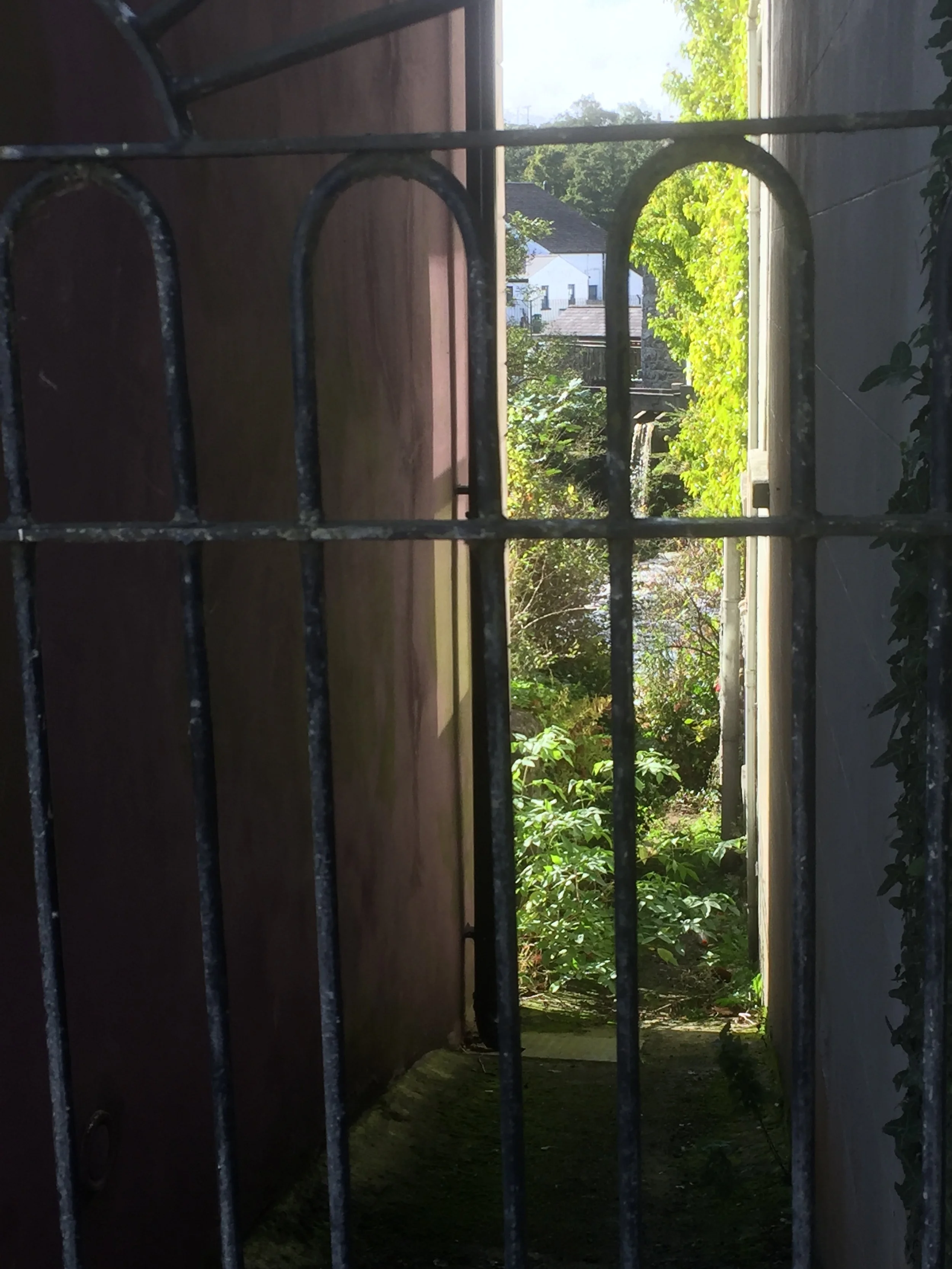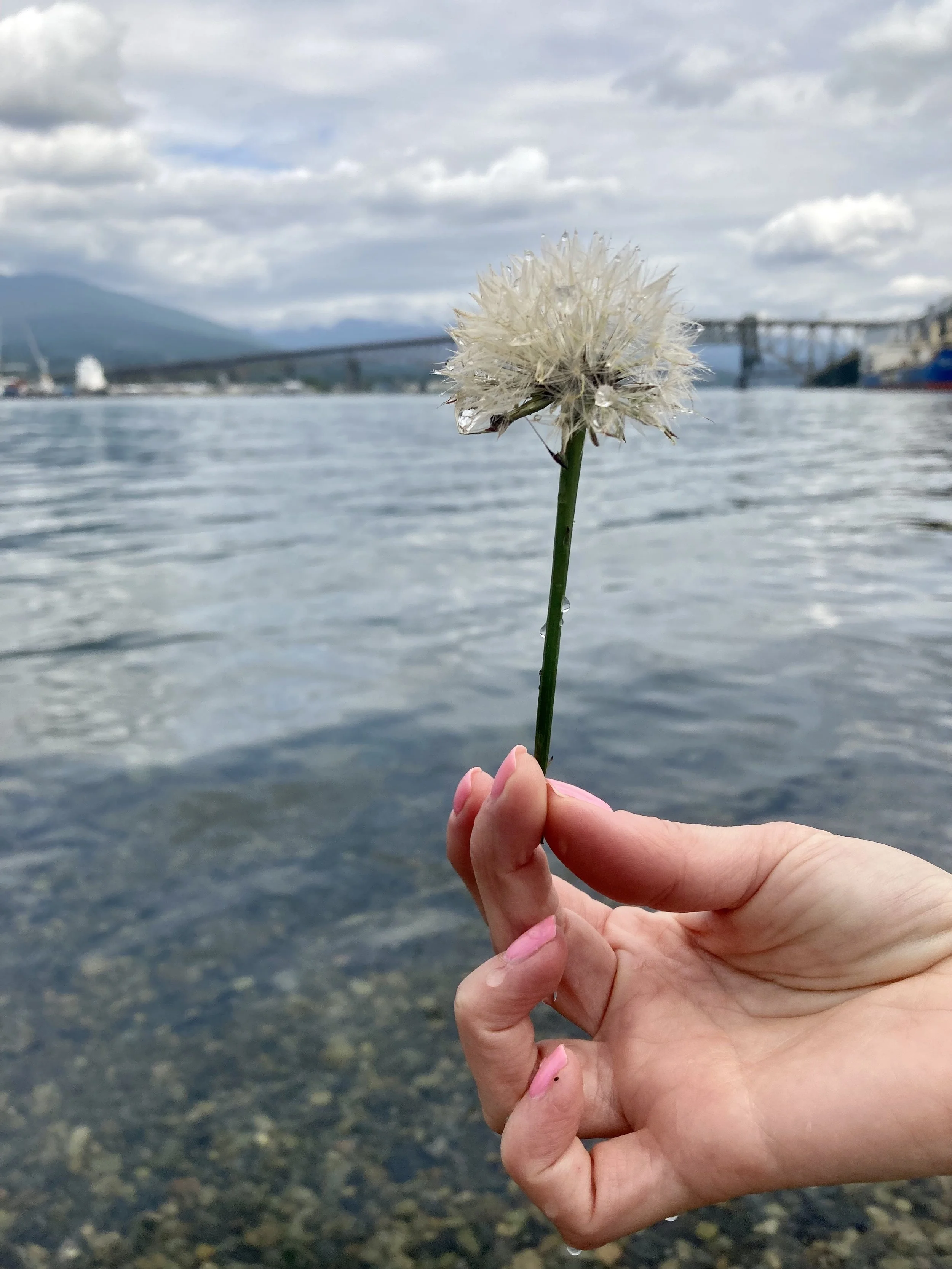
What is an End-of-Life Doula?
“Someone who assists individuals and their loved ones to, through and after the ultimate transition.”
Contact Catherine
By email
catherine@catherinesweeney.ca.
ByPhone
(604) 290 6060
Catherine does her best to return messages within 2 business days.
“Nature is beautiful…no matter the phase of its life…as are you...”
“My path towards end of life has been long and arduous and I am grateful to have had Catherine by my side. First as my friend and then my EOL Doula. Her experience with the healthcare system (a system not to be navigated alone), was invaluable as was all of her practical assistance. Her greatest gifts however, are her empathy, kindness and her willingness to listen without judgement — all offered freely and always with a touch of humour.”
Ozzie Kaban.
Private Detective, Registered Counsellor, Bomb Disposal Expert and Mentor
What is an EOL Doula?
An EOL Doula is a non medical person professionally trained to care for and support a terminally ill person and their loved ones to and through the death journey.
To many people the word ‘Doula’ refers to a childbirth coach - a model which has its roots in the USA in the 1970’s. The EOL doula approach was introduced in Continuum Hospice in New York as recently as 2003 by Henry Fersko Weiss a cofounder of the International End Of Life Doula Association (INELDA) which is one of the two teaching platforms through which I completed my EOL Doula training. The other was through Douglas College in Canada which provided me with the Canadian perspective.
The reality is that ‘doula’ work actually dates back to early civilization - a time when I believe they actually got things ‘right’ in this particular aspect of the human life cycle - the circle of life included a beginning, middle and end. All are relevant and should be honoured in appropriate and respectful ways in accordance with the wishes of the individual. Back ‘then’ every culture, society or community had very specific traditions and rituals related to the care of the sick and dying; as well as after death care of both body and soul/spirit. Many cultures do still have such practises.
Most Western societies have however, ‘medicalized’ the dying process and this, combined with the now ever present silence around all things connected with death has caused it to become in most situations, a taboo topic. This often results in poor, inadequate, or no planning at all for this inevitable stage of the human condition.
‘Death is an integral part of life, as natural and predictable as being born’
- Elizabeth Kubler-Ross
EOL doulas work with a dying person, their loved ones, and other professional caregivers at any point following a terminal diagnosis and especially in the last months of life to support them emotionally, spiritually and physically.
One of the primary areas of focus for the EOL doula (and the one which I personally feel is so important), is exploring life’s meaning through life review. This helps the dying person and those close to them look at what has been important to them over the course of their life, what they have learned, the values they have come to hold, their impact on the people they have lived amongst and loved and what they consider to be their legacy.
I recently had the honour to work with someone with an extensive book collection and part of her life review was for us to go through her books and decide to whom each one was to be given. This really allowed her to reminisce on her career, places she had visited and also to recall the attributes of her loved ones and to decide which works in her vast library would be best suited to each of them. It was a remarkable addition to her already powerful legacy to have her prized collection to go to their new ‘homes’.
In other cases I have worked with clients who needed very practical, hands on support in terms of downsizing their home as they transitioned into longterm care…My extensive career in Eldercare was invaluable in this instance. I believe that my previous healthcare/longterm care experience really prepared me for the role of EOL doula. Even though my work was not directly at ‘bedside’, my work afforded me the opportunity for daily contact with patients and residents, especially residents with whom it was possible for me to spend time in conversation over a coffee, in the hallways or in some cases - at the pool table!
The common denominator, I would say, amongst all of those I have encountered or worked with, whether suffering from severe illness or at end of life, is a desire to be heard, to talk about their life and to talk about their impending death. If necessary in some cases…to make amends, to ask forgiveness or to forgive…sometimes just to sit in companionable silence can be the most welcome support of all. Every situation is of course is as unique as each individual
For further details on how my past life/experiences qualify me to provide support please see my ‘About’ page.
What is a Doula?
The word ‘doula’ comes from the ancient Greek meaning, ‘a woman who serves’. Today it refers to someone who is professionally trained to provide emotional, practical, physical and informational support. In my case I’m able to provide spiritual support as a a result of my training as an interfaith minister.

“Clouds come & go…
Thoughts come & go…
We come & go…
Savour the beauty…
That is your life”
Words & Photo credit: Catherine Sweeney



